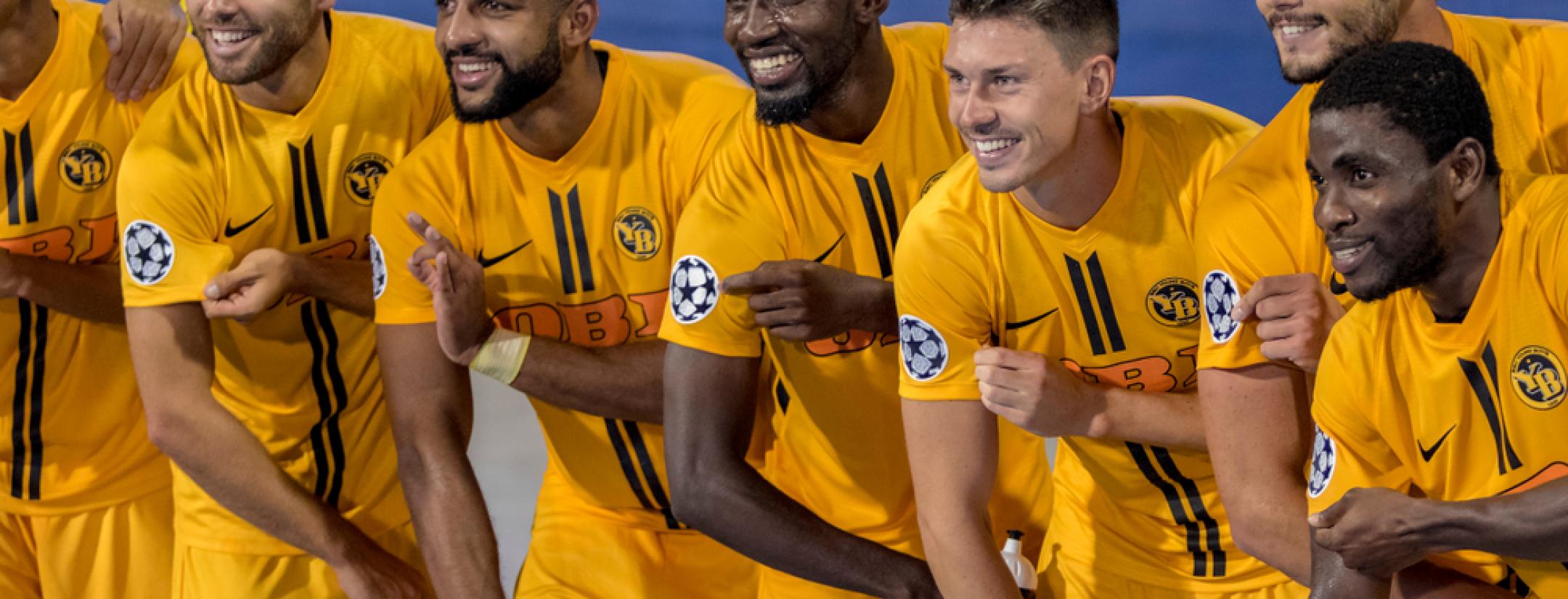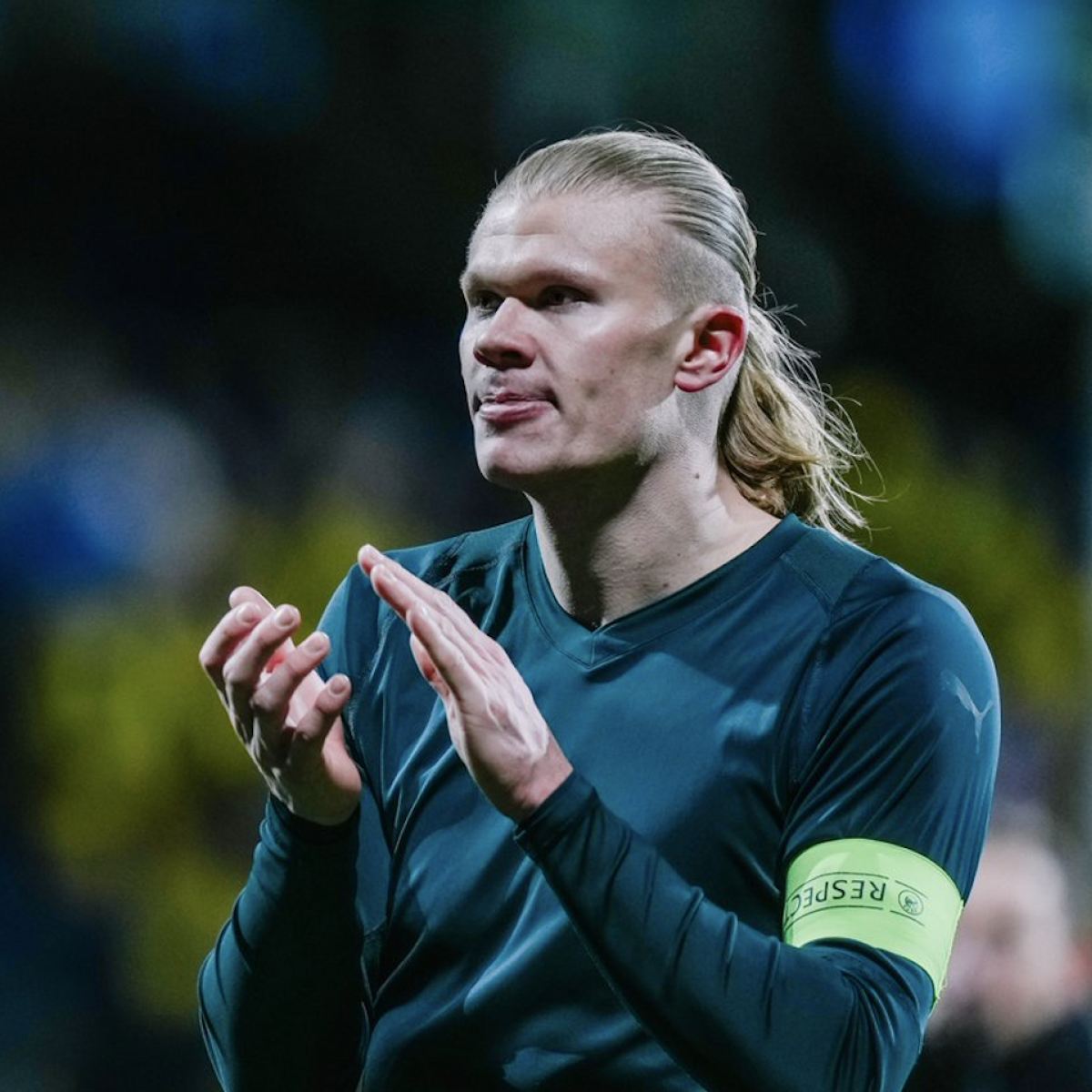If you've been watching Champions League and Europa League football consistently over the past decade, there's a certain Swiss club called Young Boys that's undoubtedly captured your attention. They were in the UCL group stage in 2018, advanced to the UEL Round of 16 in 2021 and are now back in the 2021-22 UCL group stage, but why is the club called Young Boys?
Founded in 1898, Young Boys is one of the oldest clubs in Switzerland, and with 15 Swiss Super League championships to its name (to go along with a semifinal appearance in the 1958-59 European Cup), one of the most successful.
The clubs name has its origins in its founders and their first-ever match. In 1897, brothers Max and Oscar Schwab along with Hermann Bauer and Franz Kehrli — all students at the University of Bern — decided to host a football match by combining with Basel Old Boys Association (commonly known as BSC Old Boys) to play against FC Bern.
After, the four decided to found Fussballclub Young Boys to differentiate themselves from Old Boys. It wasn’t long before the club grew in stature and began playing at the beautifully named Wankdorf Stadium in Bern. That stadium was demolished in 2001 and replaced by the Stade de Suisse, which seats 32,000 spectators.
Besides being a FIFA favorite of high schoolers everywhere, Young Boys has a pretty impressive record in Europe, including trips to the Round of 32 in both the 2010-11 and 2014-15 Europa Leagues.
They're now in UEFA Champions League Group F for the 2021-22 tournament, alongside Manchester United, Villarreal and Atalanta.




